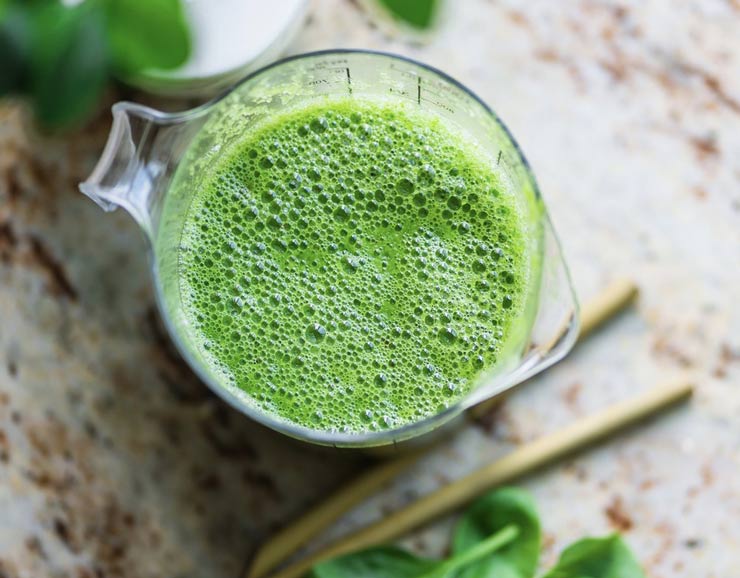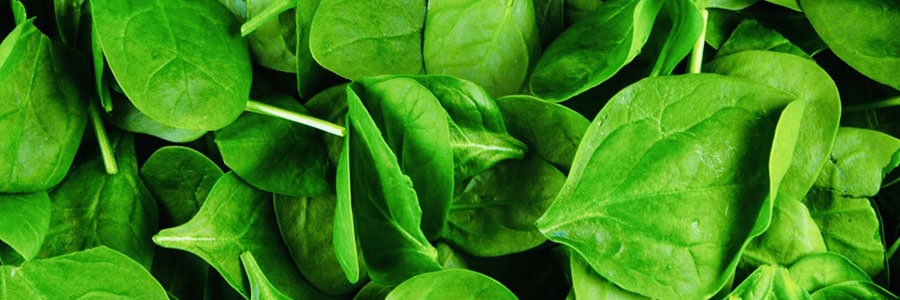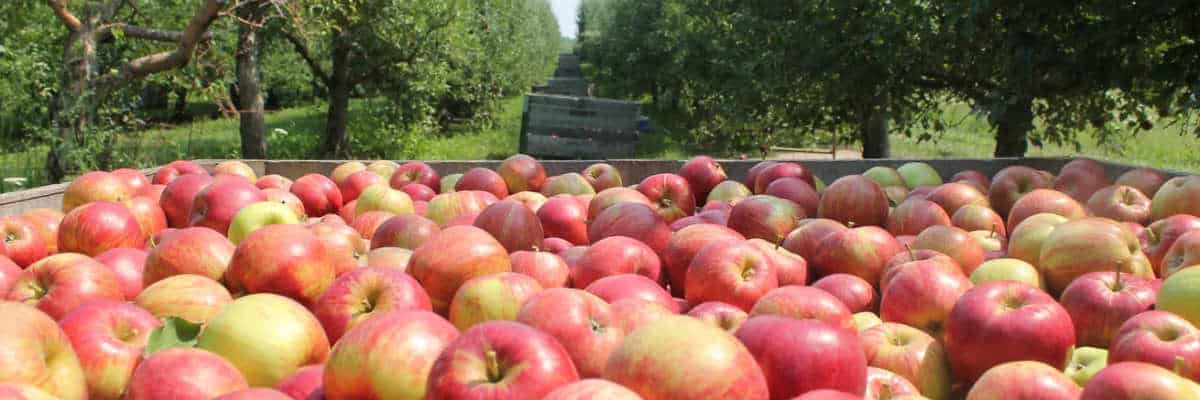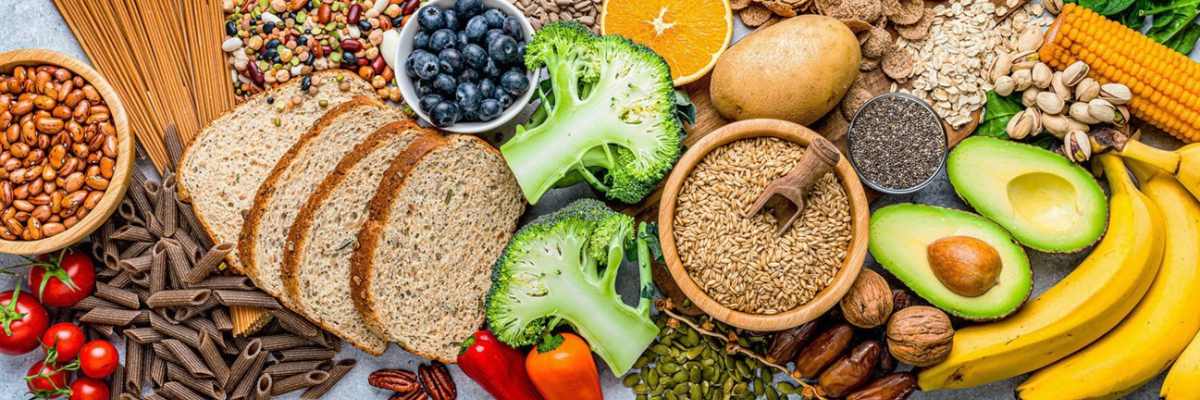Keen to Detox and want to know more?
Looking in the mirror, some of you might think that you have blossomed over the holiday period and need to do something to get back into shape.
Some of you might even be considering a detox.
New Year is a popular time to detox according to some beauty magazines, health and wellness bloggers. It seems that everyone has their own take on detoxifying, from detoxes for the skin, juice detoxes, fasting, liver detoxes and colon cleansing.
Beyond the hype and trendy headlines, detoxification is real and involves many biochemical processes. Detoxification is a normal part of our daily internal housekeeping. As you are reading this article, your body will be undergoing detoxification. By doing this it will be helping you adapt to the foods and toxins that you have been exposed to during your day.
In our current environment we are exposed to far more toxins than our ancestors. Toxicity is a major health concern in today’s world. Our bodies are having to cope with new and stronger chemicals and more air and water pollution. Our food is sprayed with pesticides and farmers use chemical fertilisers in the soil to increase crop yields.
Many food products are refined, high in sugar and contain food additives and preservatives, which put an additional load on our systems. Our bodies also have to cope with prescription drugs that we use for health conditions. We clean our homes with strong chemicals. Many of us use chemically-laden creams and potions on a daily basis and regularly indulge in alcoholic libations and caffeinated creations.
All these factors add to our toxic load.
Sometimes this unrelenting barrage can overwhelm and overtax our bodies detoxification processes, particularly when they aren’t supported by a balanced lifestyle or healthy eating.
My advice to you would be to take a long-term strategic approach to detoxification rather than doing a New Year or Spring detox. The best way to protect yourself in our toxic modern world is to support whole body detoxification, with simple, everyday actions. Otherwise, you may become more vulnerable to developing unwanted health conditions.
I would also encourage you to seek out professional advice when contemplating a detoxification cleanse. If you are not supported appropriately, you could end up feeling really bad. Buying a product off the shelf could do you more harm than good.
If your detoxification pathways are already a bit sluggish, you have the potential to tax your system further. Like anything you intend to do, it’s always good to prepare, plan and set appropriate and realistic goals to achieve a positive outcome.
How does detoxification work?
Your whole body is involved with detoxification and for it to take place efficiently it relies on each body system functioning well and in synergy. The gut, skin and lungs are physical barriers to prevent toxins from entering the body.

There are many systems involved in detoxification, but the liver and kidneys play leading roles in this process. The liver changes nasty toxins into harmless agents and dumps wastes into bile, which is transported to the intestines and eliminated through our stools.
The blood carries waste to the kidneys and we eliminate these through our urine. When our elimination and immune systems are healthy and robust the body can usually handle everyday exposure to toxins.
If our liver and kidneys are functioning under par, toxins have the potential to recirculate. These recirculating toxins can cause cellular damage or become stored in fatty tissues. The body stores toxins in fat to protect us from the harm that they could do to our tissues and organs.
A note on weight loss. When losing weight, toxins in the fat cells can be released, which can cause further damage if precautions aren’t taken to prevent this. Prepare your detoxification pathways so that they support slow steady weight loss. This can be achieved by increasing water intake, havening sufficient fibre, and eating a wide range of nutrients (vegetables fruit, nuts, eggs, seafood, grains, seeds) that contain vitamin C, vitamin E, beta-carotene, selenium and zinc.
Exercise is also an important player in weight loss and detoxification, since toxins can be released through sweating.
Warning Signs
Our bodies are truly amazing and continue to perform these detoxification processes day in and day out twenty-four seven. Sometimes we are given clues that our body’s functions are not working as efficiently as they should.
Signs of toxicity and impaired detoxification may present as:
- Digestive disturbances (wind, bloating, diarrhea and constipation).
- Food allergies or intolerances.
- Fatigue, headaches, brain fog or poor memory.
- Skin conditions such as psoriasis, eczema or urticaria.
- Bad breath (halitosis) or bad body odour.
- General aches and pains.
- Not being able to lose weight.
Sluggish detoxification
Various causes can compromise our natural detox process. Making poor food choices and consuming coffee and alcohol on a regular basis. Taking medications (prescription or otherwise) or smoking cigarettes. Exposure to common environmental toxins such as artificial perfumes, household chemicals, heavy metals, herbicides and pesticides. Our pathways need nutrients to function and if we are nutritionally depleted, they may be sluggish.
Toxic exposure can contribute to an increased toxic load, which can impact your immune system negatively. Due to lifestyle and genetic factors, some people are able to detoxify efficiently, where others perform these actions slower. The key to optimising detox function is to reduce your overall load and to support your natural detoxification pathways.
How can you reduce toxic exposure?
- Drink filtered water and bathe in filtered water where possible.
- Choose organic produce to reduce your exposure to pesticides. If budget is a concern, consult the Environmental Working Group’s ‘Clean 16’ list for fresh produce, which is less likely to have pesticide residue. Wash your fruit and vegetables thoroughly.
- Choose environmentally-friendly body care and household products.
- Moderate your alcohol and caffeine intake.
- Get help to stop smoking.
- Choose whole foods that don’t contain additive or preservatives.
When seeing clients that have health conditions, one of my key aims is to lower their toxic load.
The gut is the immune system’s first line of defense and is responsible for properly eliminating toxins. One needs to have regular bowel motions to allow toxins to leave the body. Gut bacteria help identify intruders and communicate with the immune system. Any imbalance here will disrupt the immune response. A healthy intestinal lining stops toxins and other pathogens from passing into the blood stream where they can travel to organs and other parts of the body causing inflammation and contributing to future health conditions.
In summary, if you do decide to do a spring detox, I would always recommend that you do it under supervision. The process will rule out any underlying health problems and make sure you do it safely.
A trained practitioner will help you to identify external toxin sources, will support your gut health and ensure that you are getting the right nutrients to support your detoxification pathways. They will also advise you on the importance of sleep, types of exercise, nutrition and how to manage your stress. The best approach is to make good lifestyle choices most days so that your detoxification pathways work efficiently to support your health.
The adage, ‘prevention is better than cure’, would be my motto.






